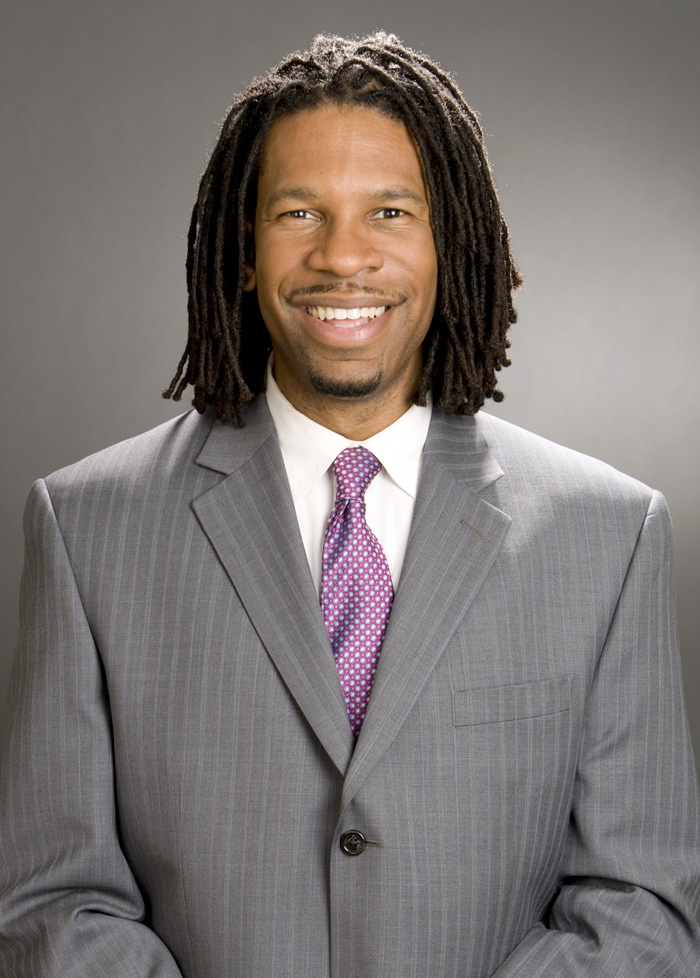
by LZ Granderson
(CNN) — Celebrity mugshots are hilarious, aren’t they?
The disheveled hair, the smeared makeup, the ridiculous attempt by some to still try to look “hot” despite the circumstances. The most iconic post-arrest shot is Nick Nolte circa 2002. He looks as if he went through a carwash riding on the hood. The mugshot even has its own Twitter handle.
Yeah, it’s all fun and games until you read why these celebrities were arrested in the first place.
Nolte was brought in for suspicion of driving under the influence. Wynonna Judd was arrested in 2003, accused of the same thing. As was Nicole Richie in 2006 and Kiefer Sutherland in 2007.
Knicks point guard Jason Kidd is lucky to be alive. He was arrested in 2012 after running into a utility pole.
Todd Harrell, the bassist for the band 3 Doors Down, is also fortunate to be alive. In April, he was charged with vehicular homicide when the car he was driving clipped a pickup and crashed into a retaining wall. Unfortunately, the truck he hit swerved out of control, hit a guardrail, dropped down an embankment and overturned, killing the driver.
When that happens, the mugshots of celebrity drunken drivers become less funny.
This week, the National Transportation Safety Board recommended all 50 states decrease the blood alcohol content threshold for drunken driving from 0.08% to 0.05%. The goal is to have zero deaths from alcohol-related car accidents. Noble but unattainable if our attitude about drinking and driving doesn’t change.
In 2010, adults self-reported drinking and driving about 112 million times. Only 1.4 million drivers — about 1% –were arrested. In other words, if someone has had one too many drinks and gets behind the wheel of a car 100 times in a year, they might get caught once. How do you convince a nation that gets away with a crime 99% of the time that it’s a serious matter?
We can talk about the deaths, but let’s be honest — more than 10,000 people dying each year because of alcohol-impaired crashes is sad.
But more teens die from texting and driving than drinking and driving. So, shouldn’t we put more energy into that instead?
To really move the needle on any issue of importance, it helps to make it a personal matter as it is a legal one.
The Center for Disease Control and Prevention estimates that 85% of self-reported drunken drivers were binge drinkers. For men, that constitutes at least five drinks in an hour. Five drinks raises your level to .10%. So instead of using resources to lobby for a new federal law that lowers the threshold, the NTSB should direct its influence on helping states enforce the current one.
If more people were caught, the less other people would feel that they could get away with it.
Lowering the blood alcohol threshold does nothing if we don’t increase the number of checkpoints so people can be arrested for breaking the current law. And you could fund this increase in checkpoints by doing something the World Health Organization recommends: imposing a tax on alcoholic beverages.
For a 180-pound man, as little as two beers could cause his blood alcohol content to reach 0.05. How many elected officials are really going to want to fight food and beverage lobbyists in addition to bar and restaurant owners for that? A slight increase in price to fund an initiative to arrest drunken drivers will not only discourage binge drinking (because it’s more expensive to do so), but it is a message that’s easier to sell to a nation that consumed 6.3 billion gallons of beer in 2011.
Maybe then instead of dismissing the Noltes and Lindsay Lohans of the world as being stupid enough to get caught, the public would view celebrities who are arrested for drunken driving as reminders that they could be caught, too.
Because at the end of the day, the NTSB can try to pass all the laws it wants, but if people don’t get caught, then the law is toothless. That’s part of the reason why celebrity mugshots are so funny because those fools got caught.
But drunken driving would be less funny to everyone if more people were greeted at a checkpoint with a Breathalyzer.
Editor’s note: LZ Granderson, who writes a weekly column for CNN.com, was named journalist of the year by the National Lesbian and Gay Journalists Association and was a 2011 Online Journalism Award finalist for commentary. He is a senior writer and columnist for ESPN the Magazine and ESPN.com. Follow him on Twitter @locs_n_laughs.
Follow @NewPghCourier on Twitter https://twitter.com/NewPghCourier
Like us at https://www.facebook.com/pages/New-Pittsburgh-Courier/143866755628836?ref=hl
Download our mobile app at https://www.appshopper.com/news/new-pittsburgh-courier